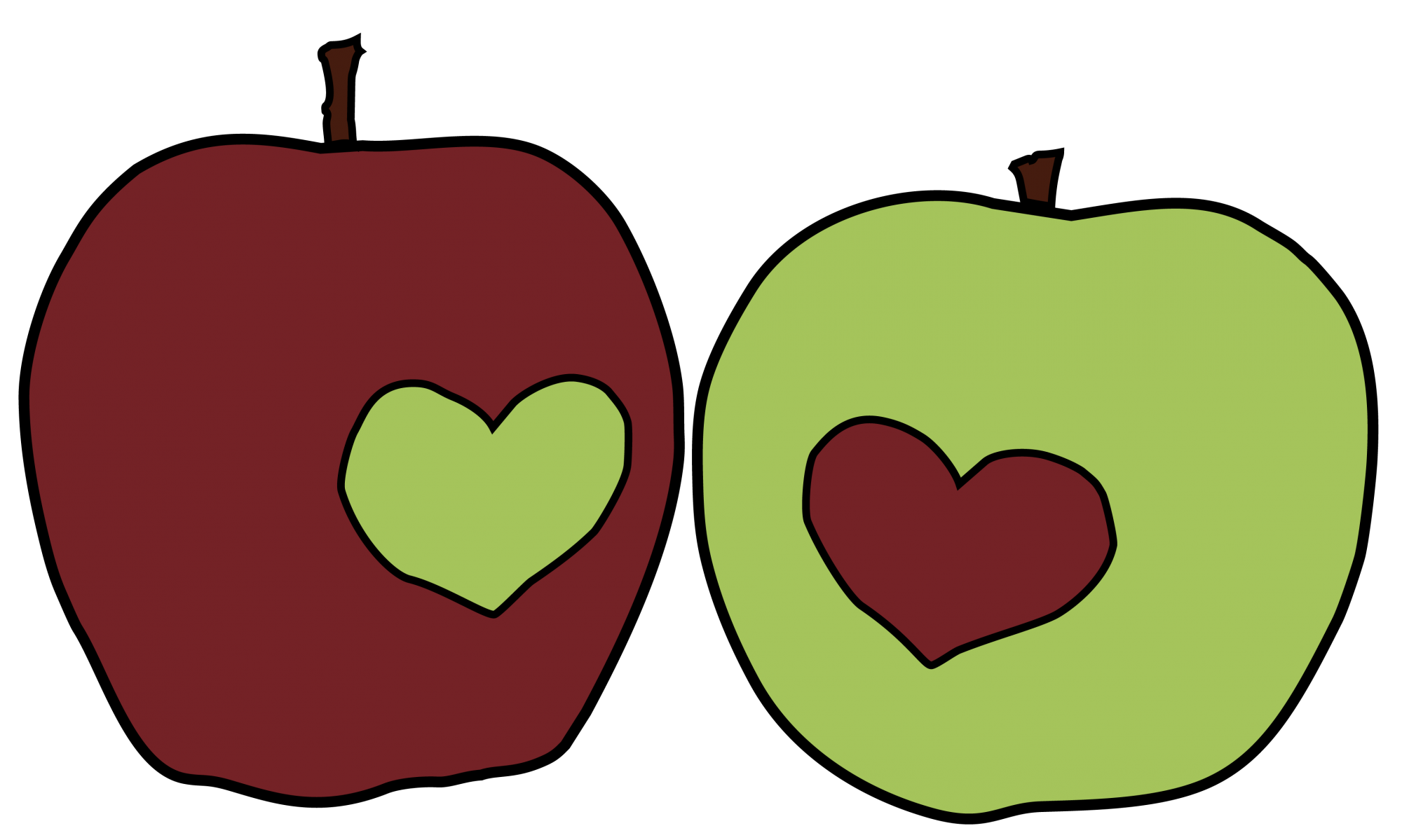People use the term “Fake news” quite often nowadays. I think it leads to mistrust.
- Apart from when people are talking about “fake news”, I heard people say about some story: “…, but maybe it is fake news?”. As if to express their uncertainty about something they heard or read. “It may be fake news” is used as a disclaimer. They want to say that bad people are trying to trick us and we can’t be held responsible for retelling untruths.
- I also hear “… but I am sure that is fake news too!”. In this case, the term is used sarcastically to express that there is no truth. Nobody should believe anybody anymore. Even the most rational or reasonable statement will be called fake news by others.
Technological developments over the past 30 years have given us easy access to all the information in the world. Now, we become aware that we also need to sift through incredible amounts of misinformation (false without harmful intent) and disinformation (false with harmful intent) to find value.
As I was curious to find out if other people are also intrigued by the term “Fake news”, I did a google trend search for the use of “Fake news” in different countries (see graph below).
